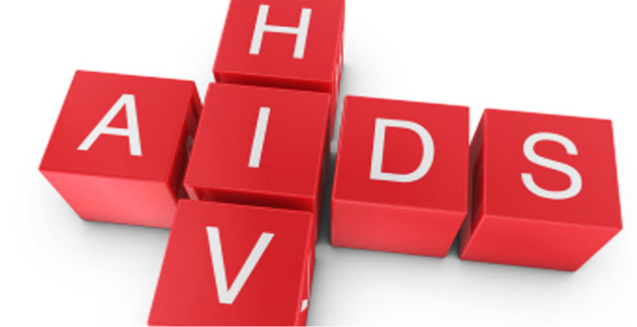Coconut Oil is the only oil once heated that does NOT turn into trans fat (the bad fats) even Olive oil turns into trans fat when heated!!
The health benefits of coconut oil include hair care, skin care, stress relief, maintaining cholesterol levels, weight loss, increased immunity, proper digestion and metabolism, relief from kidney problems, heart diseases, high blood pressure, diabetes, HIV and cancer, dental care, and bone strength. These benefits of coconut oil can be attributed to the presence of lauric acid, capric acid and caprylic acid, and its properties such as antimicrobial, antioxidant, antifungal, antibacterial, soothing, etc.
How is Lauric Acid used by our body? The human body converts lauric acid into monolaurin which is claimed to help in dealing with viruses and bacteria causing diseases such as herpes, influenza, cytomegalovirus, and even HIV. It helps in fighting harmful bacteria such as listeria monocytogenes and heliobacter pylori, and harmful protozoa such as giardia lamblia.
As a result of these various health benefits of coconut oil, though its exact mechanism of action was unknown, it has been extensively used in Ayurveda, the traditional Indian medicinal system.
The Coconut Research Center has compiled various references on scientific research done on coconut oil.
http://www.organicfacts.net/organic-oils/organic-coconut-oil/health-benefits-of-coconut-oil.html
Everyone can take heed here. Whether its you or someone you know, share the information please.
A person who is infected with HIV & AIDS and is not showing signs of illness does not need a specific “HIV-diet”. However, those infected with HIV should make every effort to adopt healthy and balanced nutrition patterns in order to meet their increased protein and energy requirements and maintain their nutritional status.
Once people with HIV & AIDS become ill they will have special needs, which are described below.
PEOPLE LIVING WITH HIV & AIDS HAVE INCREASED NUTRIENT NEEDS
When infected with the HIV virus the body’s defence system – the immune system – works harder to fight infection. This increases energy and nutrient requirements. Further infection and fever also increase the body’s demand for food. Once people are infected with HIV they have to eat more to meet these extra energy and nutrient needs. Such needs will increase even further as the HIV & AIDS symptoms develop.
HIV & AIDS reduces food intake
People with HIV & AIDS often do not eat enough because:
- The illness and the medicines taken for it may reduce the appetite, modify the taste of food and prevent the body from absorbing it;
- Symptoms such as a sore mouth, nausea and vomiting make it difficult to eat;
- Tiredness, isolation and depression reduce the appetite and the willingness to make an effort to prepare food and eat regularly;
- There is not enough money to buy food.
Taken from:
http://www.fao.org/docrep/005/Y4168E/y4168e06.htm


 Networking forum for Service Providers and Company Executives dealing with Health and Wellness
Networking forum for Service Providers and Company Executives dealing with Health and Wellness





